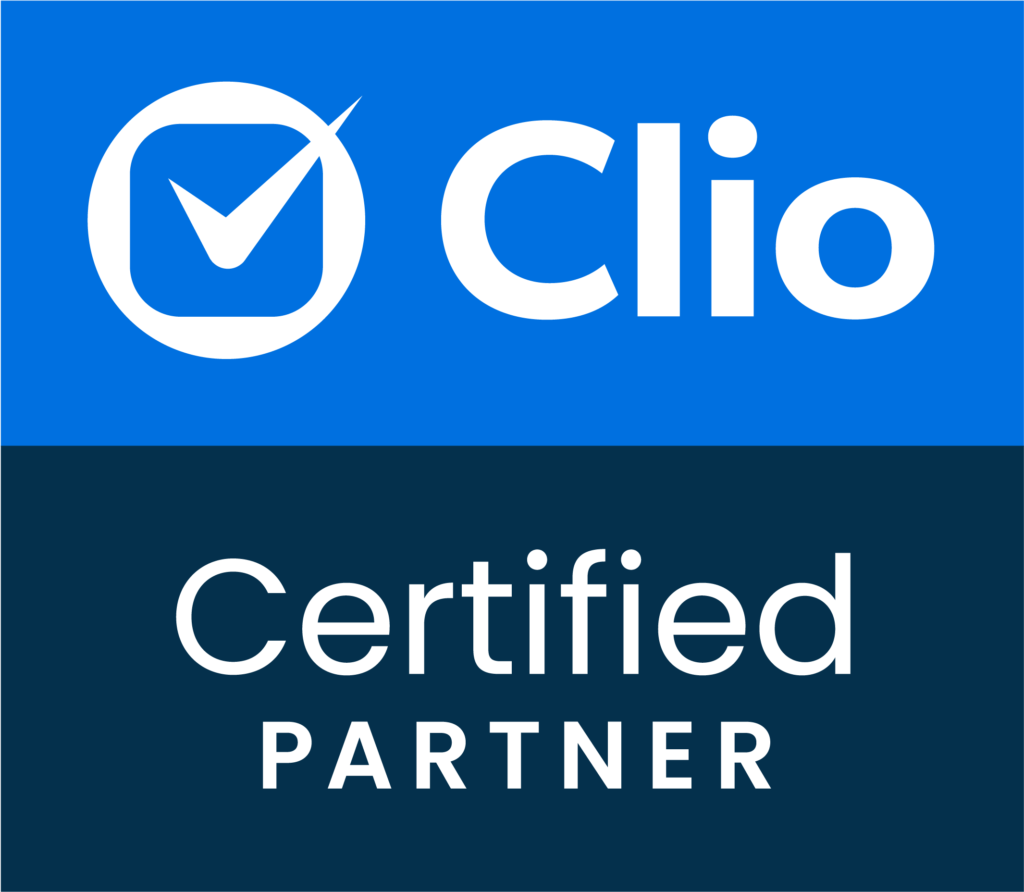Top Advantages of Using Video Content in Legal Marketing
Video Services for Lawyers – Video Content Marketing Video marketing has become an essential tool for law firms, revolutionizing the way they connect with their audience. Incorporating video content in your legal marketing strategy offers numerous benefits that can enhance your firm’s online presence and engage potential clients. Using video content in legal marketing allows you to bridge the gap between your law firm and your audience. It provides an opportunity to establish trust and showcase your expertise, making your firm more approachable and relatable. Whether it’s client testimonials, explainer videos, or other forms of video content, you can demonstrate your dependability and reliability effectively. Key Takeaways: Video marketing helps build trust and credibility with clients. It simplifies complex legal concepts and increases reach through repurposing content. Video content adds personality and branding to your law firm. Including videos on websites and in blogs improves search engine visibility. Video content captures attention, delivers information effectively, and increases credibility. Why Should Lawyers Use Video Marketing? Video marketing offers several compelling advantages for law firms. In today’s digital age, incorporating video content into your legal marketing strategy is essential for staying competitive and engaging your target audience effectively. First and foremost, video marketing helps build trust and credibility with clients. By showcasing successful case resolutions and client testimonials, you can demonstrate your expertise and track record of success. This not only builds confidence in potential clients but also strengthens relationships with existing clients. Another reason to use video content in legal marketing is the ability to simplify complex legal concepts. Videos allow you to break down complicated topics into easily digestible explanations, making it easier for viewers to understand and connect with your message. Video marketing adds a personal touch to your firm and helps establish your brand identity. By incorporating videos on your website and in your blogs, you can showcase the personality and values of your firm, making it more relatable to your audience. Furthermore, video content can significantly improve your search engine visibility. Search engines prioritize video content, and by optimizing your videos with relevant keywords and metadata, you can increase your chances of appearing in search results. The Benefits of Video Marketing for Law Firms: Advantages Description Building Trust and Credibility Showcasing successful case resolutions and client testimonials establishes trust and credibility with clients. Simplifying Complex Legal Concepts Videos break down complicated topics into easily digestible explanations, making it easier for viewers to understand. Adding Personality and Branding Video content adds a personal touch to your firm and helps establish your brand identity. Improving Search Engine Visibility Optimizing video content with relevant keywords and metadata can significantly improve search engine ranking. The Impact of Video Marketing Video marketing has revolutionized the legal industry by providing law firms with a powerful tool to engage their target audience and enhance their online presence. The impact of video content on legal marketing cannot be understated, as it captivates attention, effectively delivers information, and increases the credibility of law firms. One of the key benefits of video marketing is its ability to capture attention. Unlike traditional written content, videos offer a more dynamic and visually engaging experience. By incorporating compelling visuals, captivating storytelling, and emotional appeal, law firms can create videos that leave a lasting impression on their audience. Beyond capturing attention, video marketing is an effective way to deliver information. Complex legal concepts can be simplified through visual explanations, making them easier for viewers to understand and digest. This not only helps potential clients grasp the intricacies of the law, but it also positions law firms as knowledgeable and trustworthy authorities in their respective fields. Moreover, video content significantly enhances the credibility of law firms. By showcasing successful case resolutions, client testimonials, and the expertise of attorneys, law firms can establish themselves as reliable and reputable practitioners in the legal industry. This credibility translates into increased trust from potential clients, leading to higher conversion rates and a stronger reputation within the legal community. Table: The Impact of Video Marketing in Legal Marketing Impact Explanation Captivating Attention Video content captures attention through dynamic visuals and compelling storytelling. Effective Information Delivery Video simplifies complex legal concepts, making them easier for viewers to understand. Enhanced Credibility Video showcases successful case resolutions, client testimonials, and the expertise of attorneys, establishing law firms as reliable and reputable practitioners. In conclusion, video marketing has had a profound impact on the legal industry. By capturing attention, delivering information effectively, and enhancing credibility, law firms can leverage video content to engage their audience, expand their reach, and ultimately attract potential clients. Incorporating video marketing into a comprehensive marketing strategy is essential for law firms looking to thrive in today’s digital landscape. Creating Effective Video Content Incorporating videos into your legal marketing strategy can provide numerous advantages for your law firm. From building trust and credibility to engaging your audience, videos have the power to convey information and connect with potential clients in a way that text alone cannot. To ensure your video content is effective and captures the attention of your target audience, follow these video marketing tips for legal professionals. Understanding Your Target Audience Before creating video content, it is essential to have a clear understanding of your target audience. Research their demographics, interests, and pain points to tailor your videos accordingly. By addressing their specific needs and concerns, you can create content that resonates with your target audience and encourages them to take action. Developing a Content Plan A well-thought-out content plan is crucial for creating effective video content. Define your goals, messaging, and desired outcomes for each video. Plan the structure, script, visuals, and any additional elements to ensure a cohesive and engaging video. By developing a content plan, you can stay focused and deliver valuable information to your viewers. Emphasizing Quality and Visual Appeal Quality matters when it comes to video content. Invest in good equipment and consider working with professional videographers or video production agencies for high-quality results. Ensure your videos are
Top Advantages of Using Video Content in Legal Marketing Read More »







